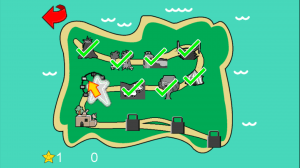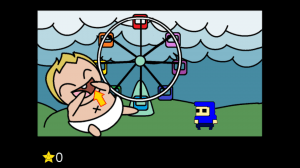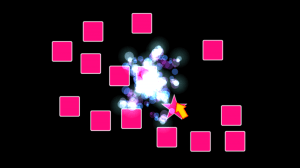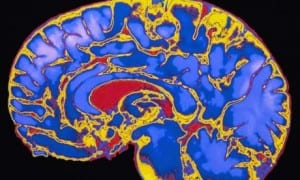In a couple of weeks time I’m aiming to complete the David Lloyd Lincoln Sprint Triathlon in benefit of Parkinsons UK. You can sponsor me here
Much of my published research over the years has looked at how eye movements are affected in Parkinsons during cognitively  demanding tasks such as problem solving, rule learning and task switching (see earlier post). In the long term its possible my research could help to develop tests to improve earlier detection of the condition. But what research papers can’t get across is what amazingly nice people Parkinsons patients are and how positive they are about helping with research.
demanding tasks such as problem solving, rule learning and task switching (see earlier post). In the long term its possible my research could help to develop tests to improve earlier detection of the condition. But what research papers can’t get across is what amazingly nice people Parkinsons patients are and how positive they are about helping with research.
Because of this I wanted to make at least a token effort to raise awareness and provide a direct benefit by doing my Triathlon in aid of Parkinsons UK.





